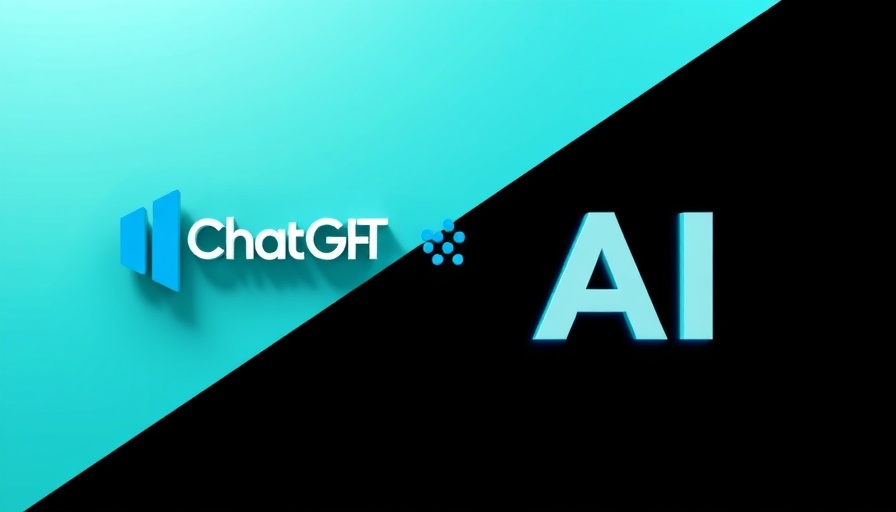
The Rise of Manus AI: A Bold Contender in AI Technology
The latest sensation in artificial intelligence is Manus, an AI assistant designed to facilitate complex research and content creation. Its name, derived from the Latin word for "hand," reflects its emphasis on acting as a helpful assistant for users navigating the intricate landscape of information. With claims of surpassing its rivals in sophistication, Manus is stoking eager interest—not only because of its potential capabilities but also due to its invite-only access.
Comparing Manus AI to ChatGPT: Key Differences and Use Cases
In an intriguing comparison, Manus has recently been juxtaposed with ChatGPT, arguably the most popular generative AI model developed by OpenAI. While ChatGPT excels in conversational AI, Manus claims a more autonomous approach, capable of executing tasks independently. Notably, Manus can pull information from the web in real-time, allowing for a more dynamic interaction—contrasting with ChatGPT, which often requires user input for both task execution and data crafting.
When tested with prompts, Manus managed to deliver more thorough outputs in creative contexts, such as developing a fantasy screenplay and writing a lengthy biography, whereas ChatGPT maintained a more condensed and straightforward narrative style. This distinction emphasizes Manus's suitability for users seeking deeper research and elaborated content, while ChatGPT remains efficient for conversational or less demanding tasks.
Future Predictions: What Lies Ahead for Manus AI?
Looking to the future, the trajectory of Manus AI raises questions about its potential impacts in various sectors. As AI technology evolves, the ability of tools like Manus and ChatGPT to integrate machine learning and real-time web interaction will likely improve significantly. The advent of Manus opens up discussions about AI’s role in education, content creation, and beyond.
Manus's recent inception is evident as it currently exists in a beta phase, with reports from early users noting mixed experiences. Despite the buzz surrounding Manus, it appears that the user experience may not yet reflect the grand promises made by its developers, which draws skepticism. However, as noted in discussions around AI development, breakthroughs often follow through iterations and enhancements, suggesting that future versions could very well address initial shortcomings.
Counterarguments and Diverse Perspectives
While the excitement around Manus AI is palpable, there are cautionary voices advocating for a more prudent assessment of its capabilities. Some argue that the true capabilities of Manus may not yet justify its hype, especially when early user feedback indicates notable weaknesses in core functionalities, such as booking tasks or executing simple online commands. This mirrors experiences with another emerging AI, DeepSeek, which also received an influx of attention but subsequently faced scrutiny regarding its performance and reliability.
Critics point out that while Manus is positioned as a competitor to established platforms, the AI sphere is cluttered with models capable of similar tasks. As new players enter the market, it will be crucial for them to carve out unique value propositions beyond just autonomous features.
What This Means for Users and the Tech Landscape
For users, the growth and exploration of AI tools like Manus and ChatGPT represent a new frontier in enhancing productivity and creativity. Enthusiasts and professionals alike are keen on how these AIs can complement their workflows. However, it’s equally important for users to remain informed and critical, navigating the landscape with awareness of both the potential and limitations of these emerging technologies.
Ultimately, the surrounding discourse on Manus AI showcases an essential chapter in the ongoing development of intelligent technologies that prioritize user autonomy and fundamental task execution.
As we stand at the precipice of AI advancements, the challenge for both developers and users lies in harnessing these tools responsibly, ensuring value while striving for innovation.
 Add Row
Add Row  Add
Add 




Write A Comment